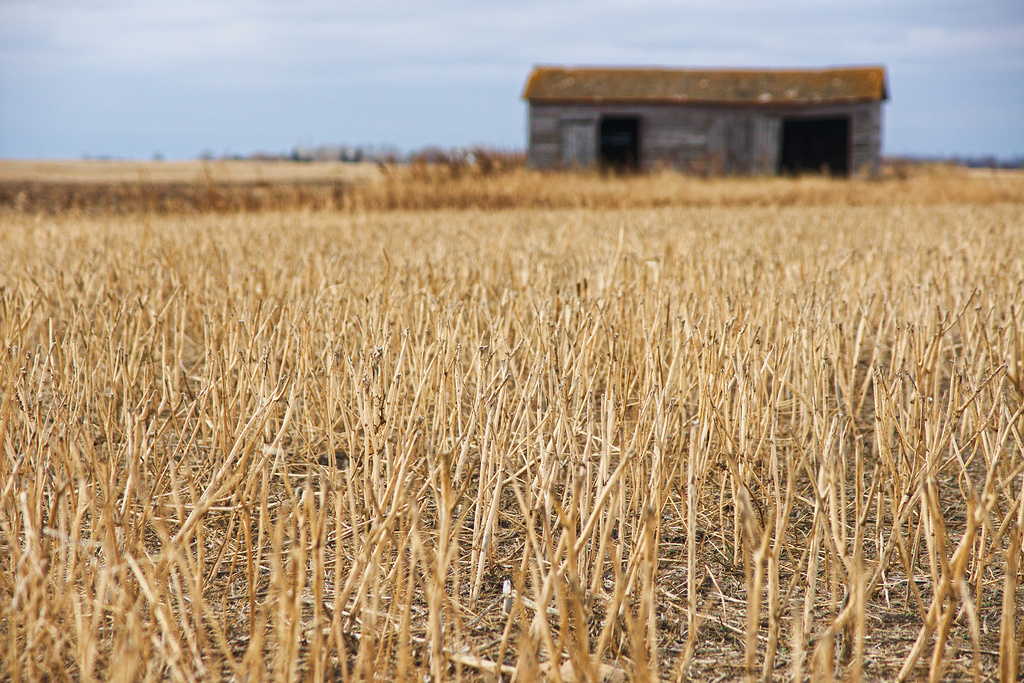Russia and Ukraine combine for nearly a third of the world’s wheat and barely exports, putting food security at risk in large parts of the globe.
Top Stories
- CNN Steps On A Rake After ‘Fact-Checking’ Trump’s ‘Transgender Mice’ Funding Claim March 9, 2025
- Dem Governor Seems Hellbent On Making Arizona’s Election Counting Laughing Stock Of Nation March 9, 2025
- 212 House Democrats Vote To Shut Down Government March 11, 2025
- Biden-Appointed Judge Demands Pete Hegseth Retract Social Media Post About Trans Policy March 12, 2025
- Biden’s Dumb LNG Pause Has Rightfully Met Its End March 8, 2025
Top Videos
Get curated news content to your inbox
March 6, 2022 9:57 pm - Europe, Food Supply, Grain, Russia-Ukraine Conflict, Shortages, World
5 min. read
War Among Agricultural Powerhouses Threatens Already Strained Food Supply

Bruce Guenter, CC by 2.0
